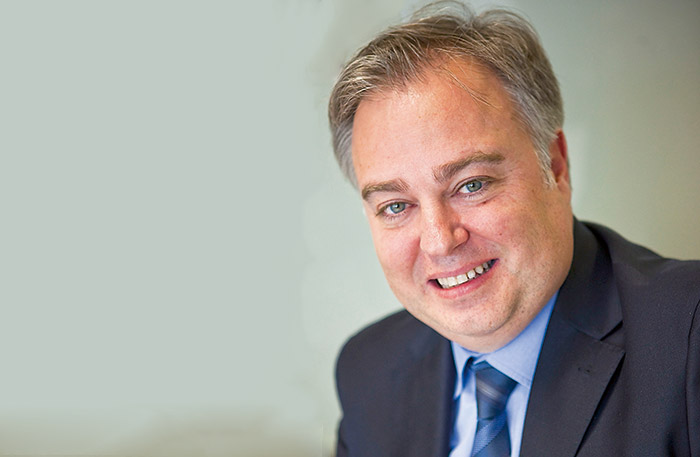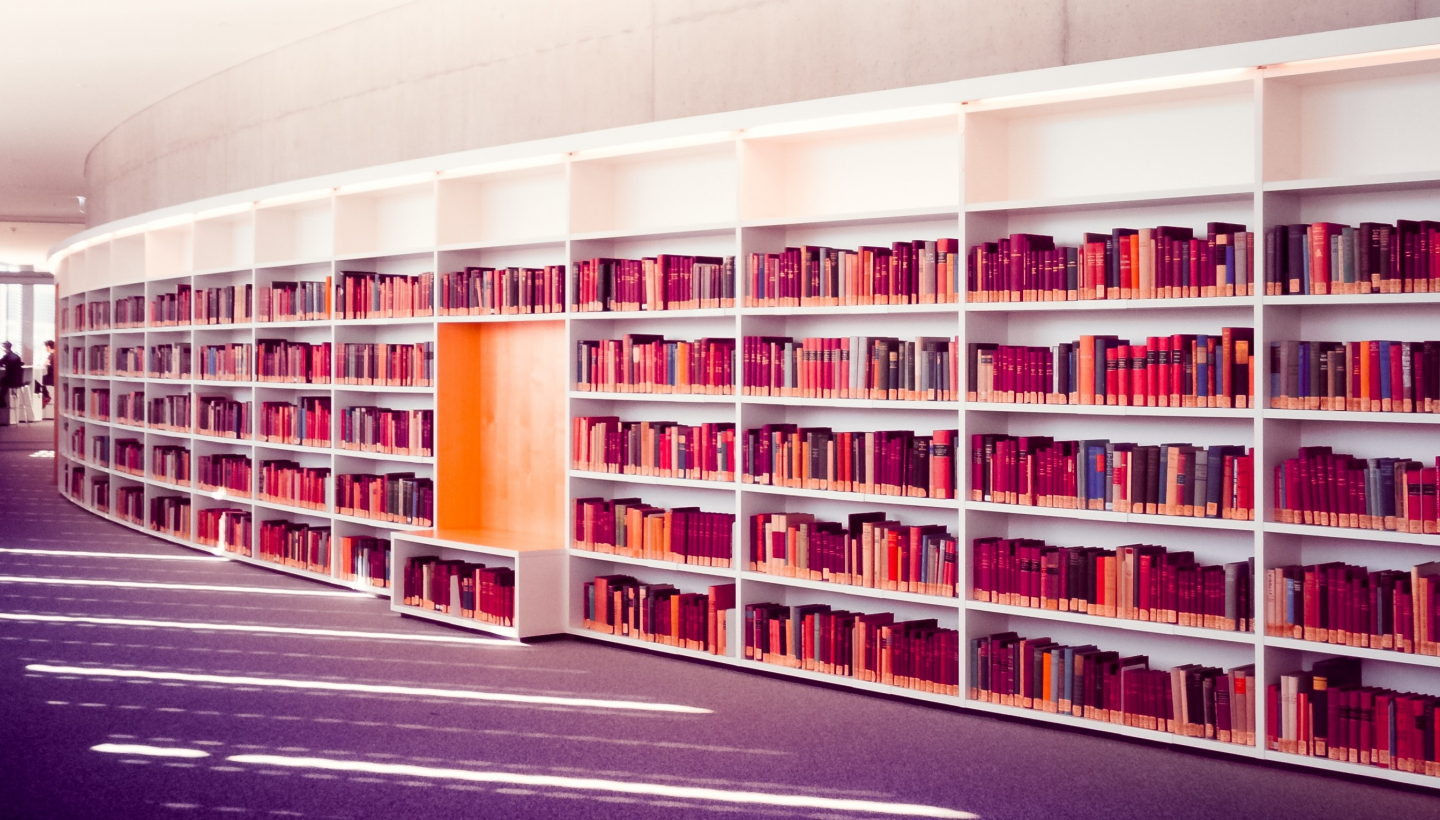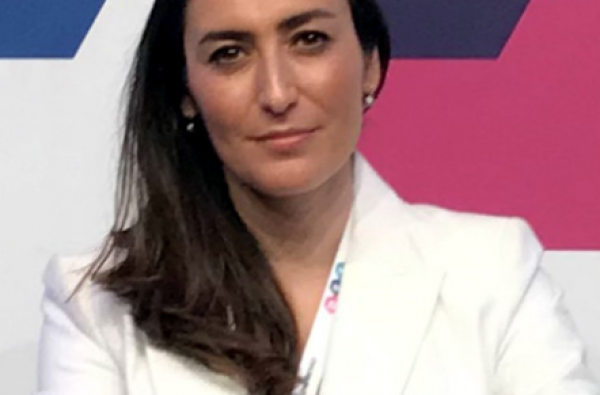If new technologies are revolutionizing almost every industry, travel was not going to be any less. Amadeus' general manager for Spain and Portugal, Fernando Cuesta, believes that traditional holidays, devised according to the time and destination, are going to disappear.
If the general director of Amadeus for Spain and Portugal, Fernando Cuesta, did not enjoy his work, he says he would "do something else". In the constant fight of big companies to retain talent, Cuesta bets on transmitting that throughout their environment, not only between employees, but also between customers and suppliers. And he believes that the best way to maintain the creativity and motivation of the brightest people is to expose them to constant challenges.
On the digital transformation side, it makes a clear difference between the ease with which companies specializing in products and the complexity of selling services. And he believes that's why Amazon decided to retire from the travel industry. For him, the biggest challenges are the single ticket and predicting personalized demand.
Every year, MIT Technology Review publishes a list of the 10 technologies with the greatest capacity to change the world. One of the technologies on this year's list is artificial intelligence (AI) in the cloud. These platforms democratize automatic learning tools through the cloud. What do you think of this trend? How is your industry preparing to address this innovation and your company in particular?
Artificial intelligence is not applied the same way to sell a product as a service. A service is much more complex. If you sell sneakers, I get into Amazon, I look for them and the system knows that I want them in the coming weeks or next month. A service is much more complicated because there are different customer profiles: I'm not going to choose the same trip if I travel alone than if I travel with my boss or my family.
It is said that the AI will predict the demand, but for that it needs data, but in the part of services it costs more to get them.
Even so, Amadeus uses AI to predict flight demand. In the vacation business area, we are trying to create a content hub with all the data of all the destinations. Whether you are a hotelier or a destination, when you find the client you try to satisfy all their demands in the process of their trip: transport, hotel, excursions, experience, etcetera. We have gone from a culture of a 'flight plus hotel' trip to betting on the experience in a destination, a hotel or an excursion. The challenge is to bring together all the relevant content for the end customer to generate that demand prediction.
What benefit can the customer perceive from these innovations?
We invest 15% of our revenue in innovation and development to create technologies that streamline time-to-market across the entire value chain and end-user experience. We are also putting our reception in the cloud. Before, if we had to go to a travel agency, we had to load our software onto every PC. Now, if we add content, it is automatically included in the 200 countries where we work and in the half a million points of sale, and it is always up to date.
In addition, we are increasing the mobility of our technology. If a travel agent is out of the office, he can provide his service wherever he is from his mobile phone or tablet to make changes or whatever the client asks of him. In the B2B environment, we have the tools for the client to do it on their own.
Online bookings in more mature markets are falling slightly. This is because young people, who tend to prefer this route, now value their time more and have observed that they can find better rates with a specialist, rather than spending hours looking for the best price on the internet. Making all that content available on the same site is very complicated. That's why we aspire to meet your demand through a single ticket that includes services from multiple providers, with a single transfer and a single service value.
The journey of the future will begin with a machine saying, "I want to go to New York [USA] at this time, with these people and live this experience in this type of hotel. Look for such a trip for me within the price range of the 'travel with friends' category in my profile.
How will privacy be managed if a user's data is shared with five different actors to get a single ticket?
There will come a time when there will be a technology in which you can choose: "I share data with these providers, but not with these others", and of course the provider offer something in exchange for those data, would we be willing to give them up to avoid queuing at an airport?
There will come a time when there will be a technology in which you can choose: "I share data with these suppliers, but not with these others", and of course the supplier offer something in exchange for those data, would we be willing to give them up so as not to queue up at an airport?
Despite the use of the data and the users' demand for personalisation, why do airlines still have such rigid procedures?
An airplane is a seat in which you spend a few hours. In fact, we are beginning to lose awareness of which company we have flown with because the differences are minimal. So airlines and suppliers are transforming to offer a personalized service for each customer profile. The challenge is to find the balance between the cost of customization and the perception of value it brings to each type of customer.

New technologies are favouring the entry of companies into sectors to which they traditionally did not belong: technological outsiders such as Google, Amazon. How is your company preparing for this entry of new competitors?
Google is already in the travel sector because it connects supply and demand, and provides information on flights and hotels. But it does not offer the booking process, because it is more complicated, since it involves economic transactions, service guarantees, change processes, and much more. So when the booking process starts, you click, you're no longer on Google.
In our industry, the value chain has quickly transformed from a 'solid to liquid state'. And thanks to technology, it will soon be 'gaseous'. In its 'solid-state', there was a clear role for every agent in the value chain. We are now in the 'liquid' phase, with new players such as Google, Amazon, Facebook, meta-search engines such as Kayak, etc., and other services that alter the chain somewhat, such as Airbnb and Uber. In addition, in the 'liquid' phase we want an increasingly direct interaction with the customer in order to get to know him better and personalise the offer. Amazon tried to enter the travel industry and, in my opinion, retired because it realised that selling a product is not the same as selling a service. The sale of a service can last a year or two, and they don't like that. On the other hand, in the case of a product, the cycle on Amazon ends when the customer receives the product.
In the future, I think we will move to a 'gaseous' state where the traditional value chain will disappear. Each company will have to choose in which business area it is best and cooperate with the rest of the industry's players, who may also be its competitors. That will be the key.
Then, your new platform will have to reach to the smallest economic core to host all kinds of offers and services.
Thirty years ago the destinations were very clear: the beach, the Caribbean or the United States. Where does the Spanish travel? Now he travels all over the world. A lot of people don't want to go to Paris [France] in August. Summer vacation tourism as it is understood today is going to disappear and dilute throughout the year, because people are going to have a different relationship with work. And learning in schools is also going to be different, it doesn't go from September to June, maybe you're interested in doing a course from July to December and that's it.
According to the OECD, more than four million "digital employees" are expected to be missing from the labour market over the next five years. Is this trend already affecting your sector? How are you preparing for this?
At Amadeus, we have a clear obsession which is to capture the maximum talent, and then combine it from the point of view of market, type of business, countries and culture. An advantage of Amadeus is that it is present in all countries except North Korea, we are in more countries than Coca Cola, McDonald's or the UN itself. This enriches us a lot from a professional, cultural and human point of view, we know everything that happens in our sector and around the world, and we know the business trends of any segment. We like restless people with a vocation for constant learning. In the interviews, it is something that we especially look at.
Some of the best software developers from all over the world and professionals from other areas work at Amadeus, which creates a culture of continuous improvement and self-criticism to challenge us every day to be better.
Talent must be continually nurtured and challenged. A talented person, who is constantly challenged in a demanding environment, is often very happy at work. What I find fundamental about talent is the obsession with continuing to learn and combining it into different functions to create an environment of innovation.
What capabilities does a future CEO have to have?
For me, vision and anticipation come first. The second is to create an environment that includes customers and suppliers to maximize collaboration.
The CEO must go a little beyond his responsibility, he has to see the company as if it were his own. And finally, it is essential to create an environment in which, in addition to working, you have a good time. In an environment where you have fun, your performance and the value you bring to your colleagues and customers will be much better.
In the end, my job is for my team and my clients to be absolutely satisfied. In fact, I say that I don't want to have customers, suppliers or equipment, I want to have 'Amadeus fans', both inside and outside the company. If we get that, we have it all, and that's what we're in.
By Olga Rodríguez



